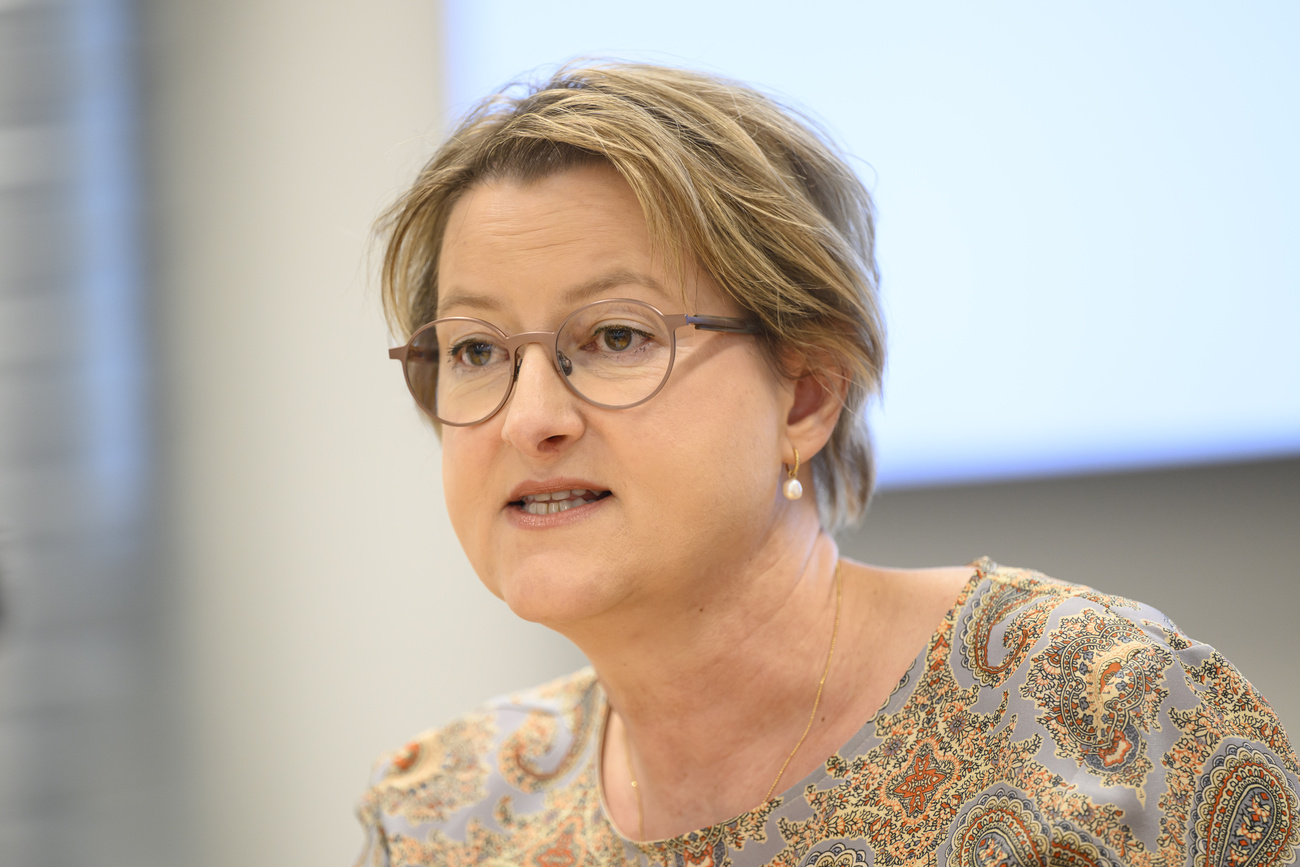
Study finds widespread illegal trade of hazardous chemicals

A joint research team from Switzerland and China has found that nearly half of the total trade volume of hazardous chemicals subject to an international convention crosses national borders illegally.
“This prevalent illegal trade is highly concerning because it undermines global efforts to protect us and our environment from hazardous chemicals,” said Zhanyun Wang, lead researcher on the studyExternal link at Empa, the Swiss Federal Laboratories for Materials Testing and Research.
+ Is 100% organic a revolution too far?
The study, published on Monday in the journal Nature Sustainability, looked at the trade of 46 of the 54 chemicals covered by the Rotterdam Convention signed in 1998 to ensure the safe movement of hazardous chemicals such as mercury and various pesticides across borders. Under the convention, trade of the chemicals is only allowed if an importing country consents to their import – a measure intended to prevent the uncontrolled import of toxic chemicals by countries that lack the infrastructure to process and dispose of them safely.
Around 64.5 million tons of the 46 chemicals were traded from 2004 to 2019. Of these, 27.5 million tons were traded illegally, which means they were exported to countries that refused to import them. This is a conservative estimate as exports from the US aren’t included, as the country hasn’t ratified the Rotterdam Convention.
The high trade volume – legal and illegal – of certain chemicals is also concerning. For example, some 85% of total trade is of ethylene dichloride, a carcinogenic solvent used in the production of polyvinyl chloride (PVC), a highly versatile plastic used in things from drainage pipes to medical devices. In second place, with 6.3 million tons, is the toxic reagent, disinfectant and pesticide ethylene dioxide.
The study also found trade of some substances that have been severely restricted or even banned for decades including older toxic pesticides such as chlordane and aldrin.
There are several reasons for the high trade volume suggest the authors including insufficient resources available to monitor chemicals trade, especially in developing countries, as well as unclear division of responsibilities between the environment ministries and customs authorities.
Switzerland was one of the first 60 countries to sign the Rotterdam Convention in 1998. In May 2023, Switzerland, Mali and Australia sponsored an amendment to strengthen the convention, intended to prevent countries from blocking the listing of hazardous chemicals.

In compliance with the JTI standards
More: SWI swissinfo.ch certified by the Journalism Trust Initiative






























You can find an overview of ongoing debates with our journalists here . Please join us!
If you want to start a conversation about a topic raised in this article or want to report factual errors, email us at english@swissinfo.ch.